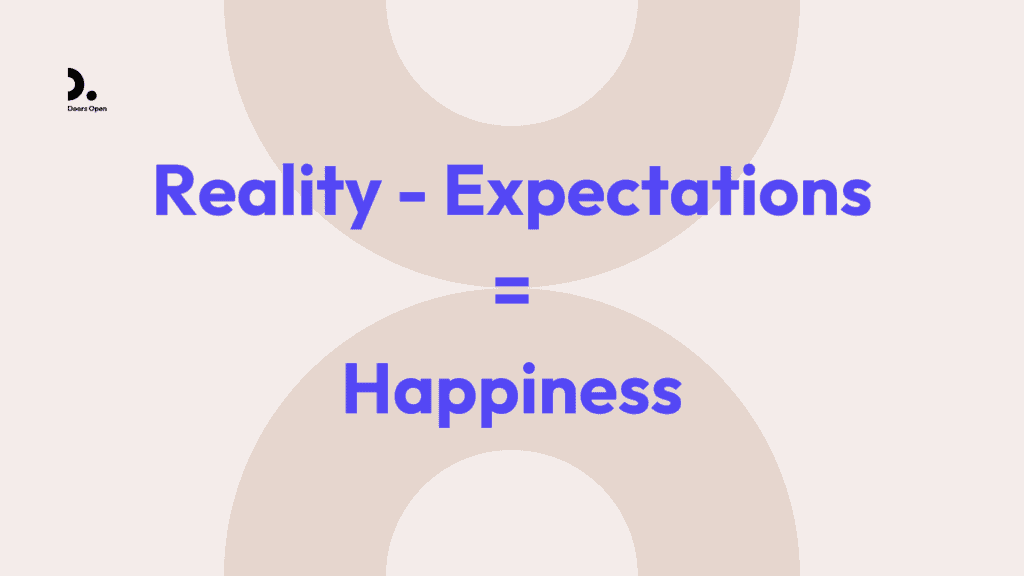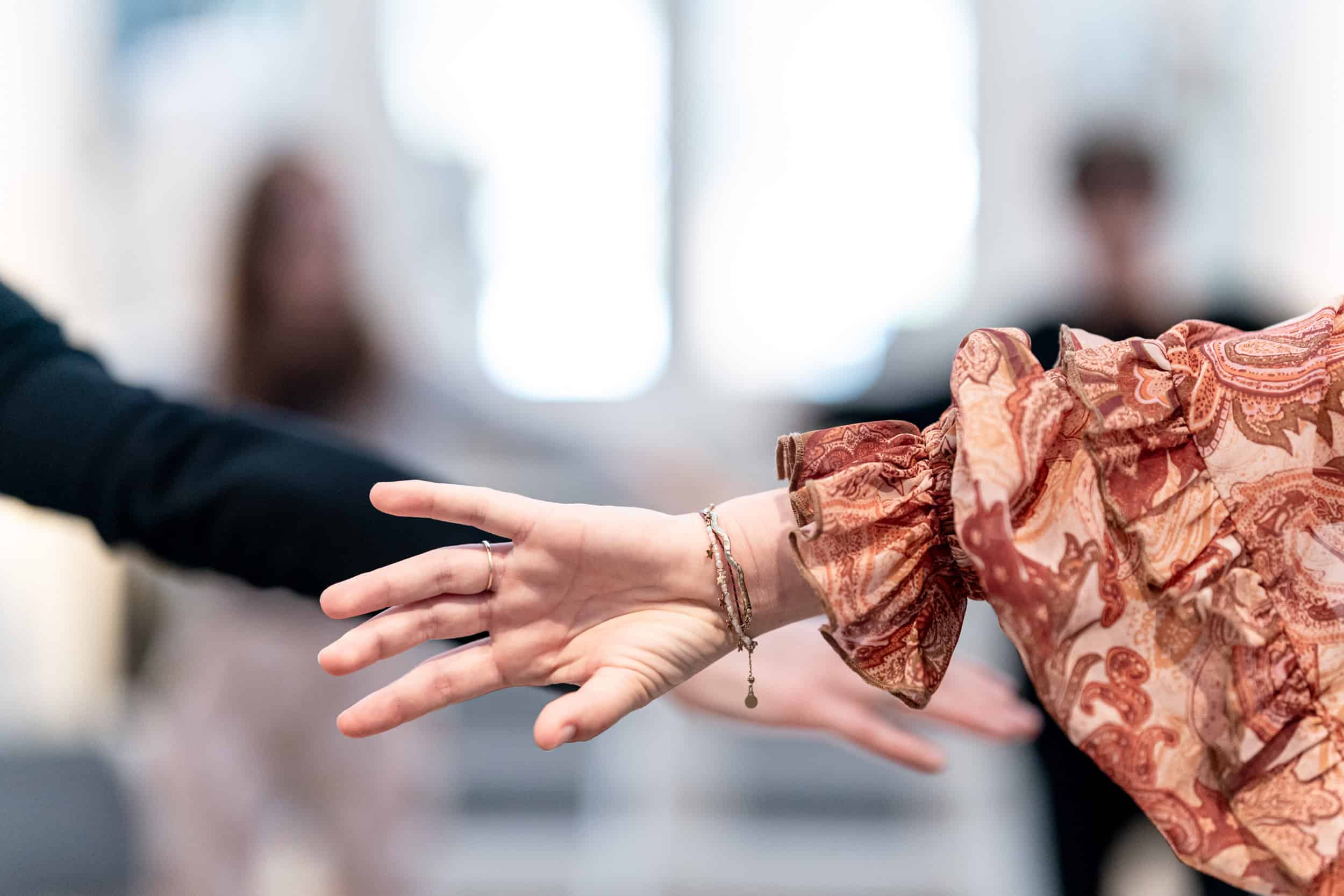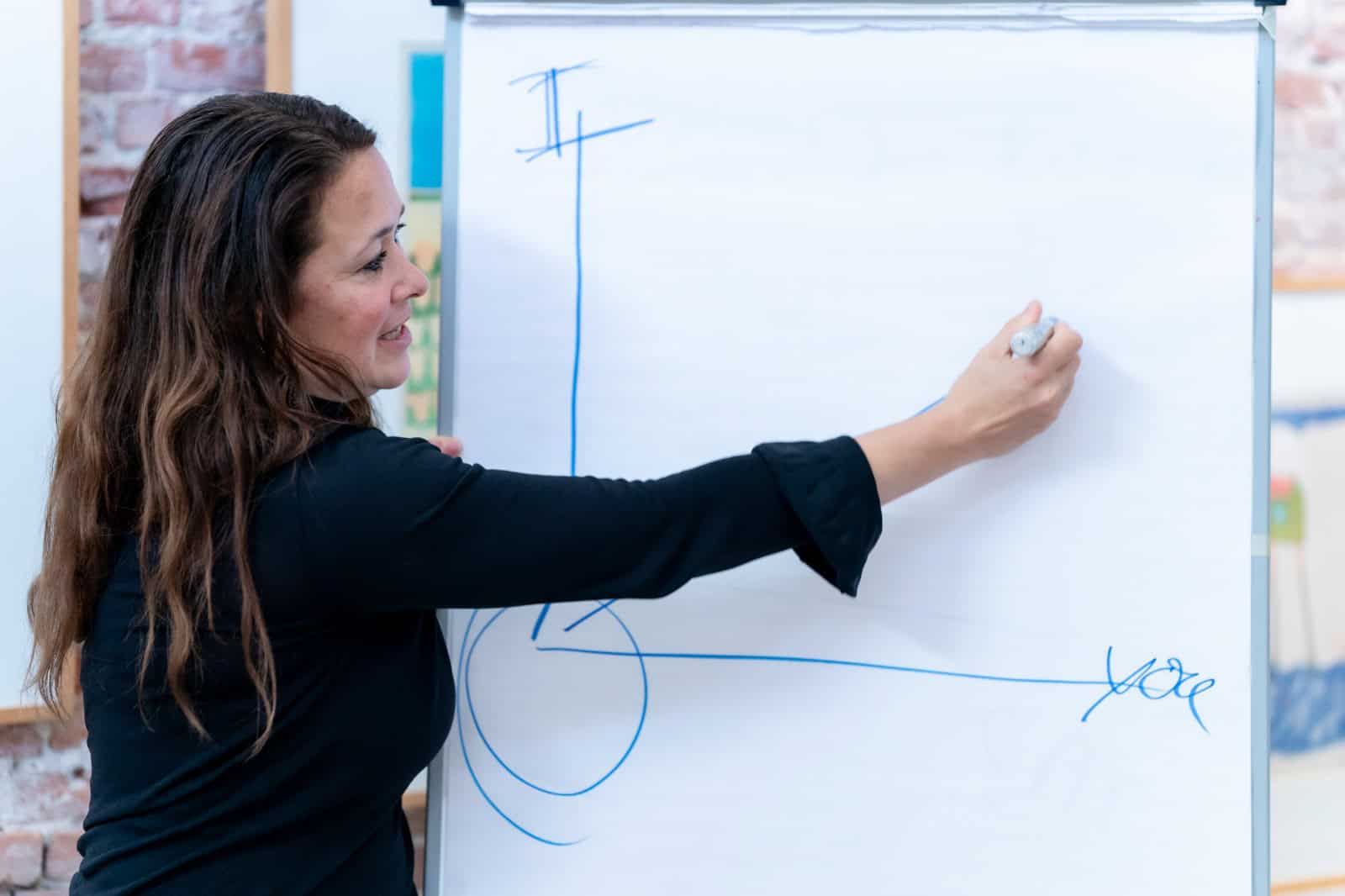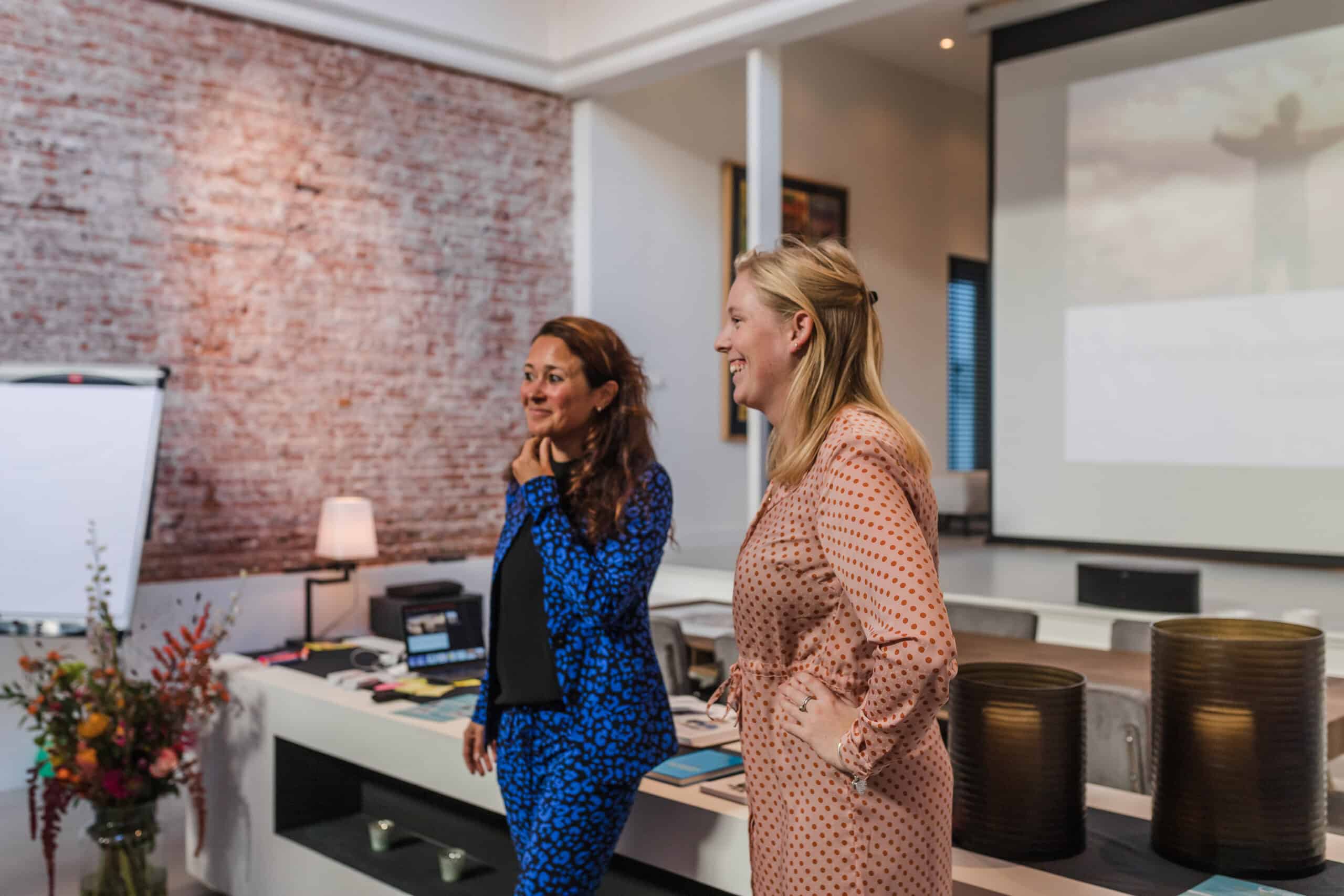“How are you? “ Yeah good. Busy, you know, but good. How are you?” While you answer your friends question on the Saturday morning during your coffee date before you quickly – especially quickly – need to go to a winter festival, take a selfie for Instagram – also quickly, before the foam on your soya latte disappears.
Millennials – the generation that is born roughly after 1984 – suffer from stress. More than before: research by Metro has shown that at least 25% of millennials are sat at home with a burn-out. Recent data indicates that burnout has reached unprecedented levels amongst, with 82% of survey participants reporting varying degrees of burnout. Interestingly, despite these high burnout rates, about the same percentage of respondents also reported being “very” or “extremely” engaged at work, suggesting a complex relationship between burnout and engagement.
It is not only millennials. In The Netherlands there has been estimated that 1 million people have issues with work stress. With this staggering number only rising further according to new reports, it makes work stress the number one occupational sickness. It is such an important theme that the week of 13 November is now the week of occupational stress. How has it come this far? But more importantly, what can we do about it?
It doesn’t matter is the glass is half full or half empty
Have you ever had problems with stress? Then I’m sure you have a friend, colleague, neighbour in your network that sees it as ridiculous, its something you can very much control yourself. “Come on, it just depends on whether you see the glass half full or half empty.” But that is not what stress is about. Why not, that what this video below shows:
We can easily handle a little bit of stress, but if its constantly present, it starts to eat away at us, until we collapse. The stress becomes unhealthy. To the extent that we don’t even know how to make a sandwich, just like Nienke (one of the participants in the research by Metro).
It is your parents fault. And that of Mark Zuckerberg.
How come so many of us now has problems with stress and burn-outs? I have read multiple articles, seen research, watched documentaries and speeches. Three recurring themes stood out to me:
#1 Your parents
Yeah yeah, nice and easy. Blame your parents. They aren’t the one hyperventilating on the sofa at home? No. Of course this statement is meant to stir up a (healthy) discussion. But the parents of millennials are the people that created, as explained by Simon Sinek an encouraging generation.
Millennials feel – or want to – feel special and unique. That is in the end what they have heard from their parents during their youth. “You are special. You are the best. It doesn’t matter that you came last during your athletics race at school. You are still just as good as the person that came first.” Millennials have become very ambitious due to this, both in their personal and professional lives and want to live their own unique life.
#2 The expectations
What happens when all these really special millennials come together with all the other really special millennials enter the workforce? A massive clash between the reality and their expectations. Working at a fantastic start-up seems to be a large deception in reality, your manager does not see what a great and talented colleague you are, the person that is 5 years younger than you gets the promotion to a higher position. That is completely not what you have imagined.

Its not only on the work that the unrealistic expectations don’t match up with reality. As soon as a millennial leaves their trendy office with beanbags and free lunch, the outside world is also different than expected. The difference between reality and expectations determines, for a large part, how happy or unhappy you feel. The unhappiness is one of the most important brewers of stress.
#3 Image crafters
What causes this difference between reality and expectations? This is where the 3rd factor comes in: the image crafters. The what? The image crafters. You are probably also one, even if before reading this blog you had never heard of it. Image crafting means that we portray ourselves in the social media world as a #happyperson with a #perfectboyfriendorgirlfriend and our #awesomefriends with which every moment is #memorable. That you love to spend your whole Sunday on the sofa in your 7 year old tracksuit bottoms with a large bag of chips does not fit into your #healthylifestyle so you don’t share that in story or snap.
As we collectively take part in image crafting, the feeling that every minute of your life has to be perfect has been created. Et voila, in creeps the clash between reality and expectations.
And… action
The figures don’t lie. Stress and burn-outs are a real risk. The question is: what can we do about it?
In my opinion there are 8 essential elements:
#1 – A little bit of stress is healthy
It is important to realise that a little bit of stress doesn’t have to be unhealthy. It for example helps are driver to brake if a child suddenly runs in front of their car. Stress sets people up to be extra attentive. It also helps to focus on a difficult task or exam. As long as stress is not constantly present – as long as you don’t have to hold onto it non-stop – there is nothing wrong.
#2 – Recognise too much stress
“It only happens to others and won’t happen to me.” Wrong! If you don’t see the signals on time, you can also have problems with too much stress. Think about it, do you have a lot of issues with:
- Neck or back pain, headaches or a dry mouth
- A lack of sleep
- Can’t make decisions
- Negative perspective, everything sucks
- Dissociation, you don’t feel connected to anything
Realise that stress is also not the same for everyone. There are multiple forms of stress.
#3 – Balance
Create a balance between stressful and energizing factors. There are at least 5 positive experience – also known as enablers – needed to get rid of the negative experience (disabler). What are your enablers, both in your private as well as your professional life? A coach can help you find the answer to these questions. Next to that, make sure you also take the time to relax. And no, you don’t necessarily have to do yoga or meditate, relaxing is different for everyone.
#4 – Centering
This is a exercise so you can learn to be in the here and now. This might sound floaty, but it isn’t really. Even animals do it. A rabbit quickly runs back to its hole when it sees a bird of prey. Once it’s safe the rabbit first shakes it off. This is a method to reduce stress and go back to itself.
We as people don’t centre ourselves often enough. Think about a situation when you received an angry email or had an aggravating discussion with your manager. You often go straight back to your work. Consequently: the stress remains.
#5 – Miracle morning
How you wake up in the morning and spend the first hour of your day can determine the mood of the rest of the day. If you snooze 5 times, then you have to get changed in a rush, then you quickly eat your sandwich on the go and you continue to have the feeling that you are running behind. You start your day very differently than that you get straight out of bed, take the time to have breakfast, maybe read the newspaper, do some exercise or meditate before you really start your day. Create your morning ritual and bring peace into the first hours of your day so that you can take that into the rest of the day.
#6 – Exercise
Perhaps not news to you, but it has been proven that a minimum of 30 minutes a day can help for both your mental and physical health.
#7 – Go offline
Is checking social media the first thing that you do when you wake up? During the day you frequently get distracted by incoming messages, often from image crafters. Our smartphones are on 24/7. Give your brain a rest and you will realise how relaxed you become. This can be by going offline once a week or not looking at messages after 20.00 for example. Also here you can create your own ritual.
#8 – Practice, practice, practice
In the same way that stress slowly builds up and creeps in, dealing with stress also takes time. And especially requires practice. That’s why Doors Open regularly organises the training session “ Stressed? Not you!” We also offer specific coaching’s packages or customized coaching for those who want to learn to deal with stress. Contact us to find out more about all the coaching possibilities we offer.




